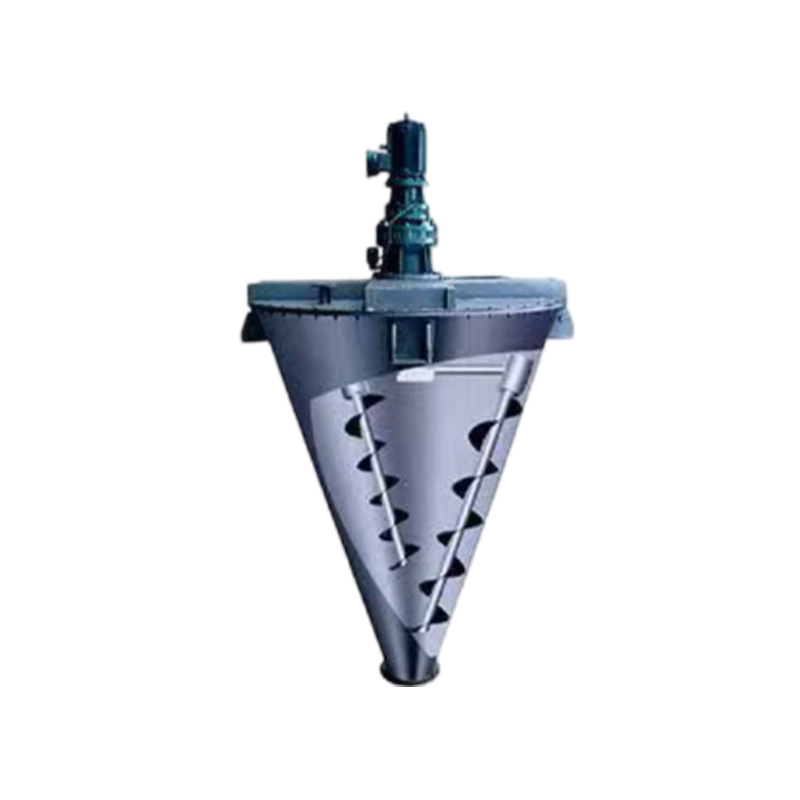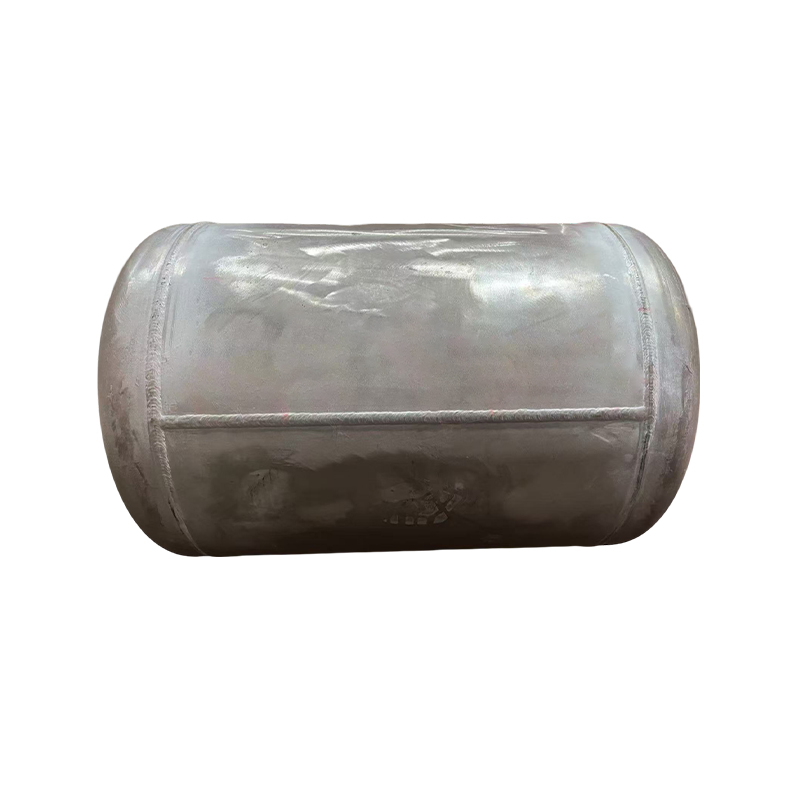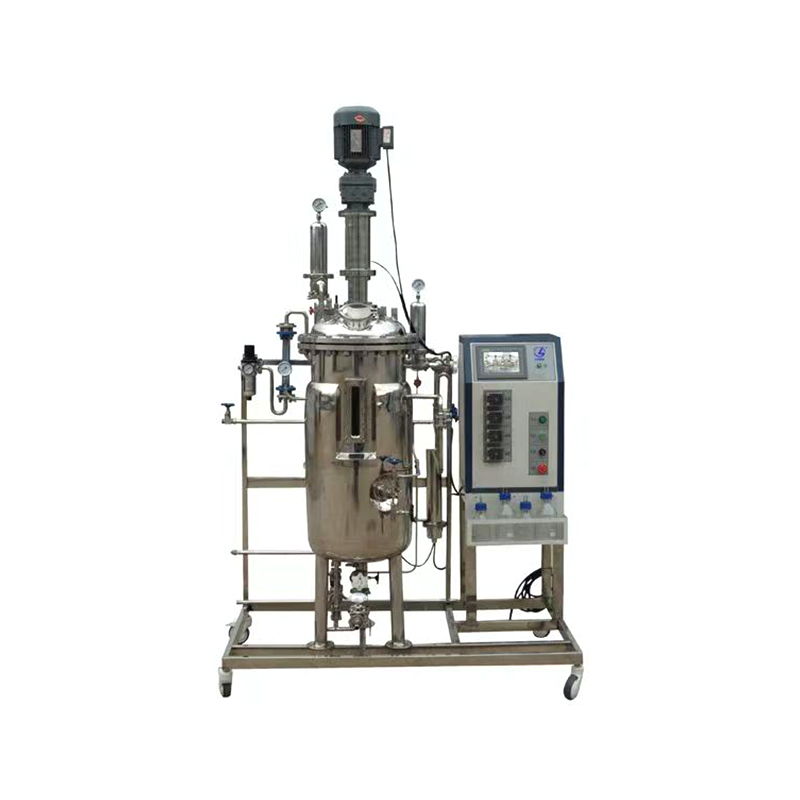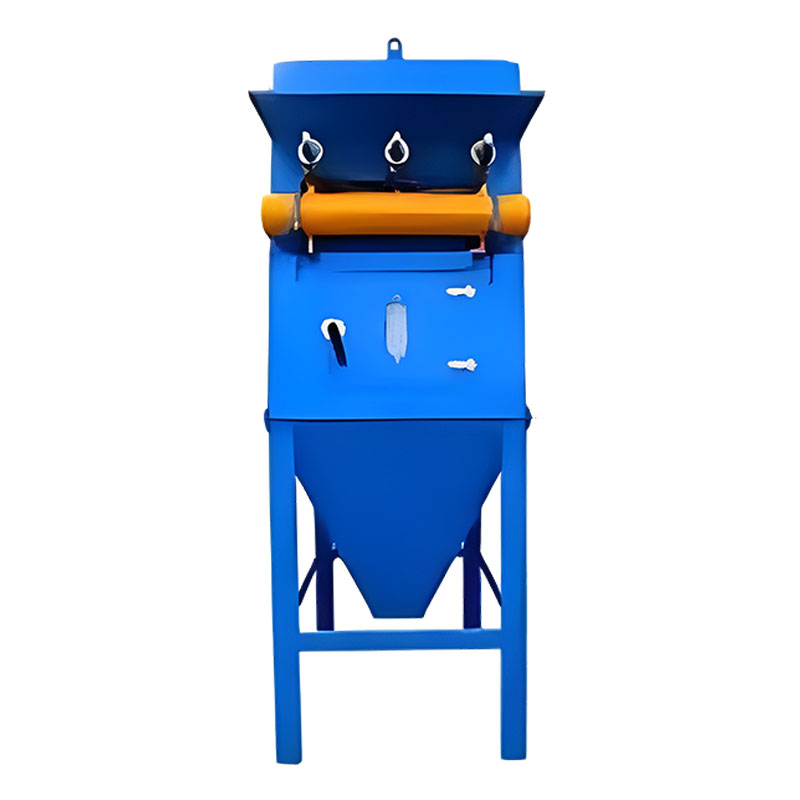How does the sealing performance of food cans affect the shelf life of food?
Release Time : 2025-05-21
In the modern food industry, the use of food cans is extremely common. As a container designed to meet the needs of food packaging, storage and transportation, food cans not only provide physical protection, but also greatly extend the shelf life of food through their excellent sealing performance. Food cans are usually made of materials such as metal (such as tinplate, aluminum), glass or plastic. These materials have their own characteristics, but their common goal is to ensure good sealing, moisture and insect resistance, and effectively protect the quality of food. With the development of technology, the design of food cans is also constantly improving to meet more stringent safety and quality standards.
1. The importance of sealing performance
Sealing performance is one of the key factors that determine whether food cans can effectively extend the shelf life of food. Good sealing can prevent air, moisture and microorganisms from entering the can, thereby preventing food from spoiling. Especially for those foods that are easily affected by oxidation, such as nuts, oils and certain fruits, effective sealing measures can significantly delay their deterioration process. In addition, sealing can also prevent external contaminants such as dust and insects from entering the can, further ensuring the safety and sanitation of food. Therefore, whether it is for home storage or commercial use, it is crucial to choose food cans with good sealing properties.
2. Characteristics of food cans of different materials
Food cans of different materials each have unique properties and advantages. Metal cans, especially cans made of tinplate, are widely used in the packaging of various types of food due to their excellent mechanical strength and barrier properties. This type of can not only effectively blocks external oxygen and moisture, but also withstands high processing temperatures and is suitable for hot filling processes. In contrast, glass cans are known for their transparency and chemical stability and are suitable for storing foods that need to be kept away from light. However, glass cans are heavy and fragile, which limits some of its application scenarios. As for plastic cans, although they are light and low-cost, they are usually only suitable for short-term storage or foods that do not require high freshness due to their high air and water permeability.
3. Advances and development of sealing technology
With the advancement of science and technology, the sealing technology of food cans has also undergone significant development. Traditional sealing methods rely on physical pressing and welding technology, but now, more and more innovative technologies are being applied to the production of food cans. For example, some advanced sealing technologies use new materials and coatings to enhance the sealing effect between the can body and the lid. At the same time, vacuum sealing and gas replacement technologies are also widely used to inhibit microbial growth by reducing the oxygen content in the can, thereby extending the shelf life of food. The application of these technologies not only improves the safety and freshness of food, but also provides consumers with more diverse choices.
In short, the sealing performance of food cans has a direct and important impact on the shelf life of the food inside. A good seal can not only effectively protect the food from the external environment, but also maintain its original taste and nutritional value. With the continuous emergence of new materials and technologies, the design of food cans in the future will pay more attention to environmental protection, safety and efficiency. For consumers, when choosing food cans, in addition to considering price factors, they should pay more attention to its sealing performance and the materials used, so as to ensure that they can buy food products that are both safe and high-quality.
1. The importance of sealing performance
Sealing performance is one of the key factors that determine whether food cans can effectively extend the shelf life of food. Good sealing can prevent air, moisture and microorganisms from entering the can, thereby preventing food from spoiling. Especially for those foods that are easily affected by oxidation, such as nuts, oils and certain fruits, effective sealing measures can significantly delay their deterioration process. In addition, sealing can also prevent external contaminants such as dust and insects from entering the can, further ensuring the safety and sanitation of food. Therefore, whether it is for home storage or commercial use, it is crucial to choose food cans with good sealing properties.
2. Characteristics of food cans of different materials
Food cans of different materials each have unique properties and advantages. Metal cans, especially cans made of tinplate, are widely used in the packaging of various types of food due to their excellent mechanical strength and barrier properties. This type of can not only effectively blocks external oxygen and moisture, but also withstands high processing temperatures and is suitable for hot filling processes. In contrast, glass cans are known for their transparency and chemical stability and are suitable for storing foods that need to be kept away from light. However, glass cans are heavy and fragile, which limits some of its application scenarios. As for plastic cans, although they are light and low-cost, they are usually only suitable for short-term storage or foods that do not require high freshness due to their high air and water permeability.
3. Advances and development of sealing technology
With the advancement of science and technology, the sealing technology of food cans has also undergone significant development. Traditional sealing methods rely on physical pressing and welding technology, but now, more and more innovative technologies are being applied to the production of food cans. For example, some advanced sealing technologies use new materials and coatings to enhance the sealing effect between the can body and the lid. At the same time, vacuum sealing and gas replacement technologies are also widely used to inhibit microbial growth by reducing the oxygen content in the can, thereby extending the shelf life of food. The application of these technologies not only improves the safety and freshness of food, but also provides consumers with more diverse choices.
In short, the sealing performance of food cans has a direct and important impact on the shelf life of the food inside. A good seal can not only effectively protect the food from the external environment, but also maintain its original taste and nutritional value. With the continuous emergence of new materials and technologies, the design of food cans in the future will pay more attention to environmental protection, safety and efficiency. For consumers, when choosing food cans, in addition to considering price factors, they should pay more attention to its sealing performance and the materials used, so as to ensure that they can buy food products that are both safe and high-quality.







